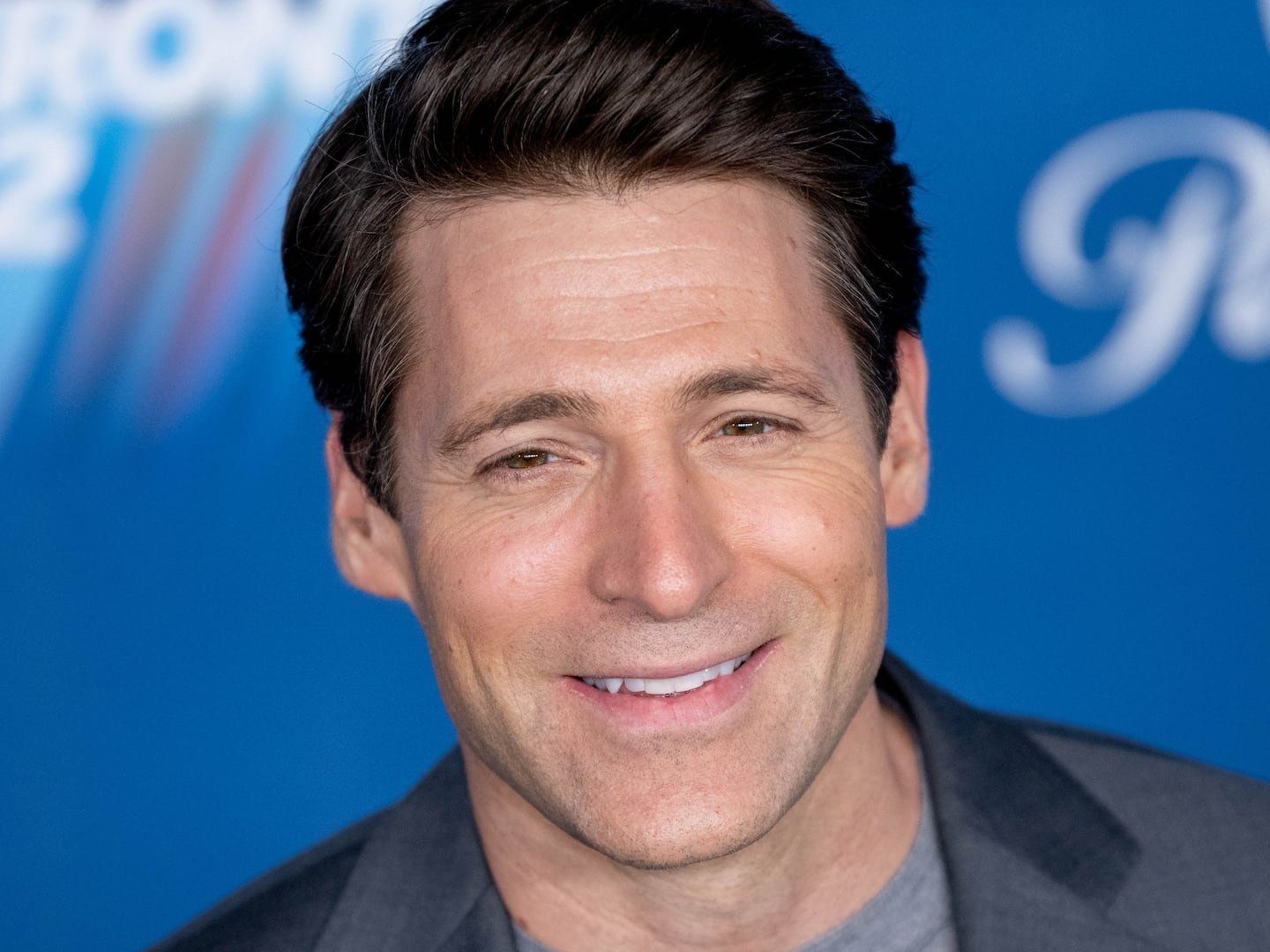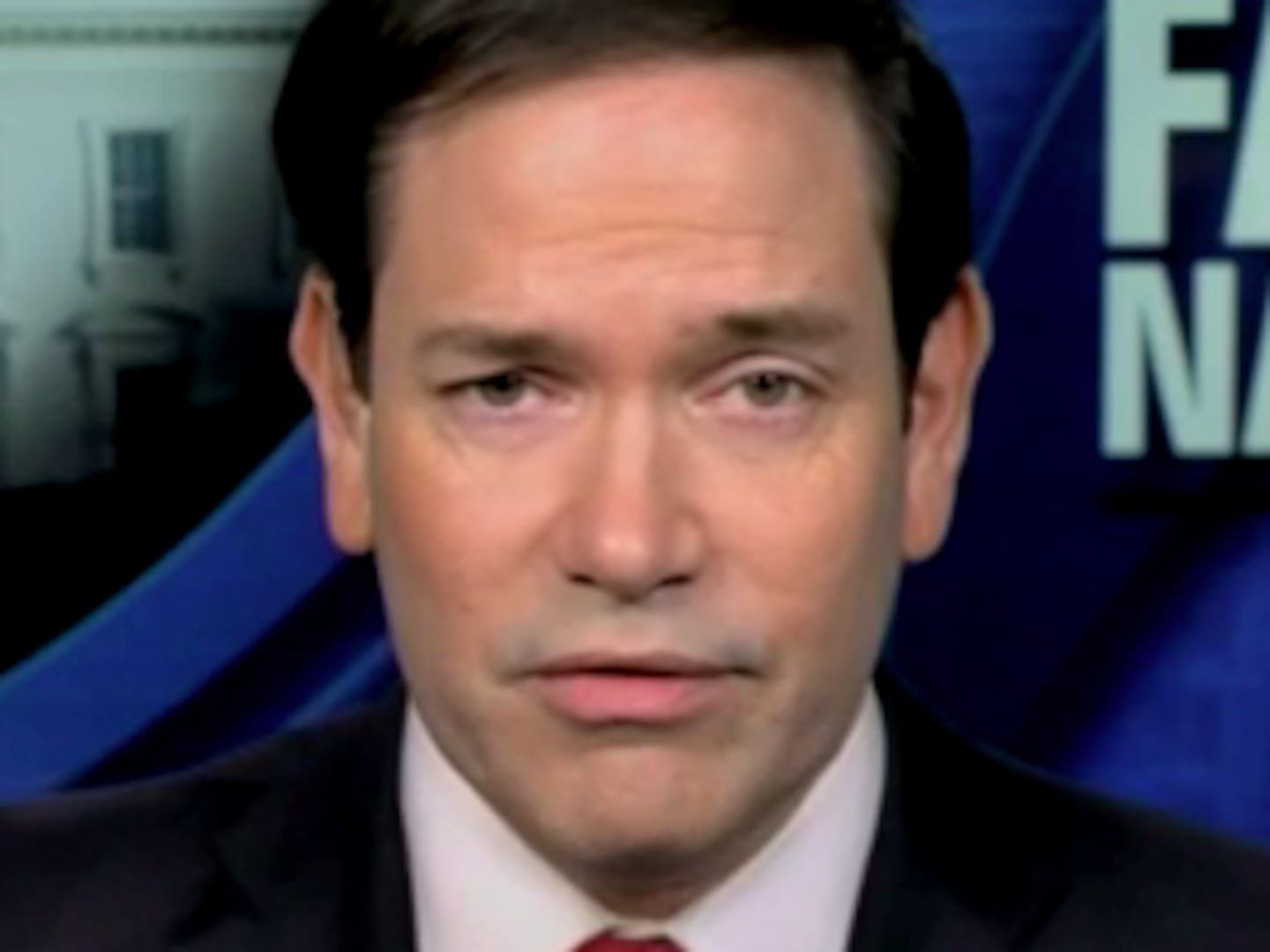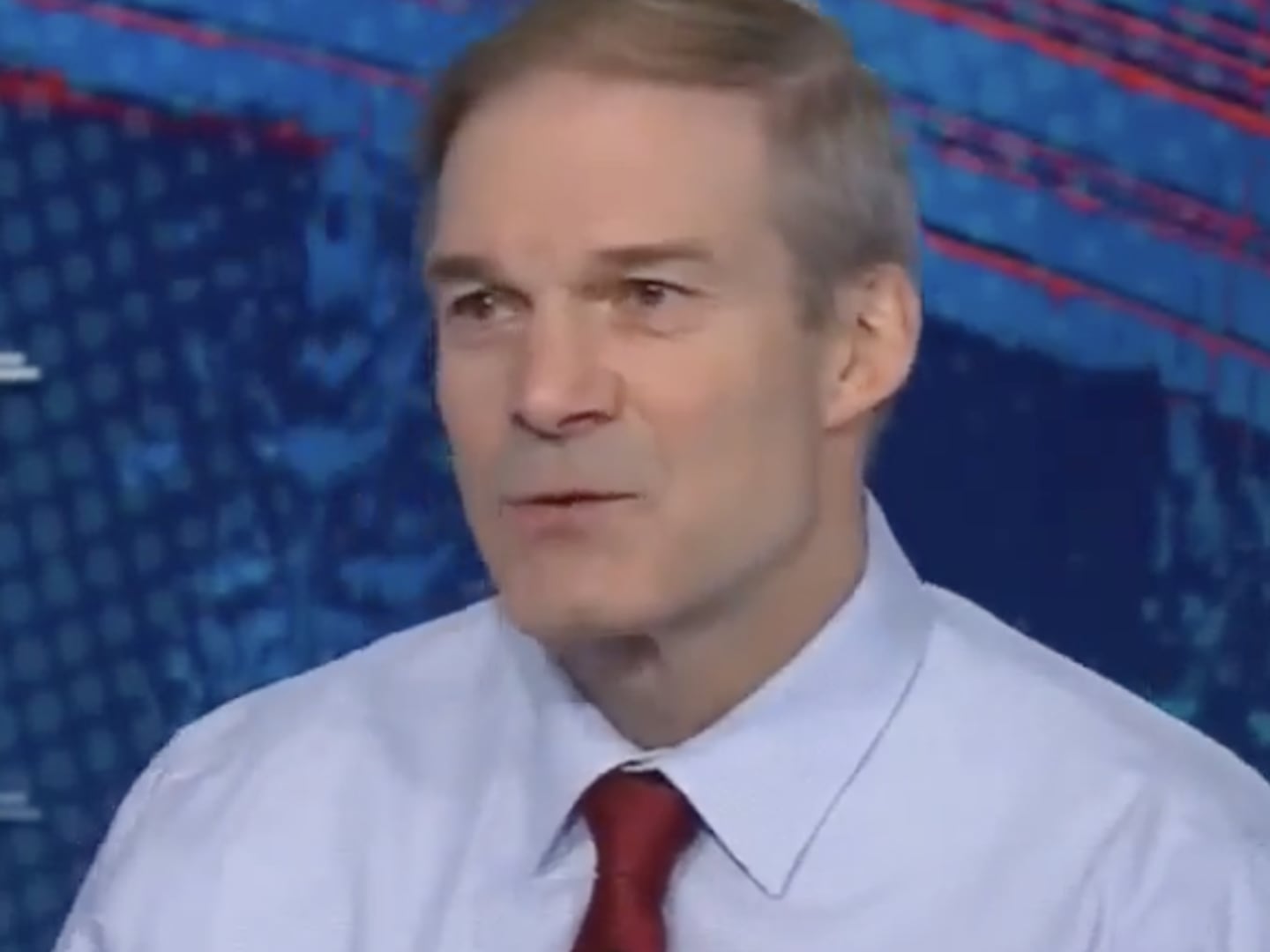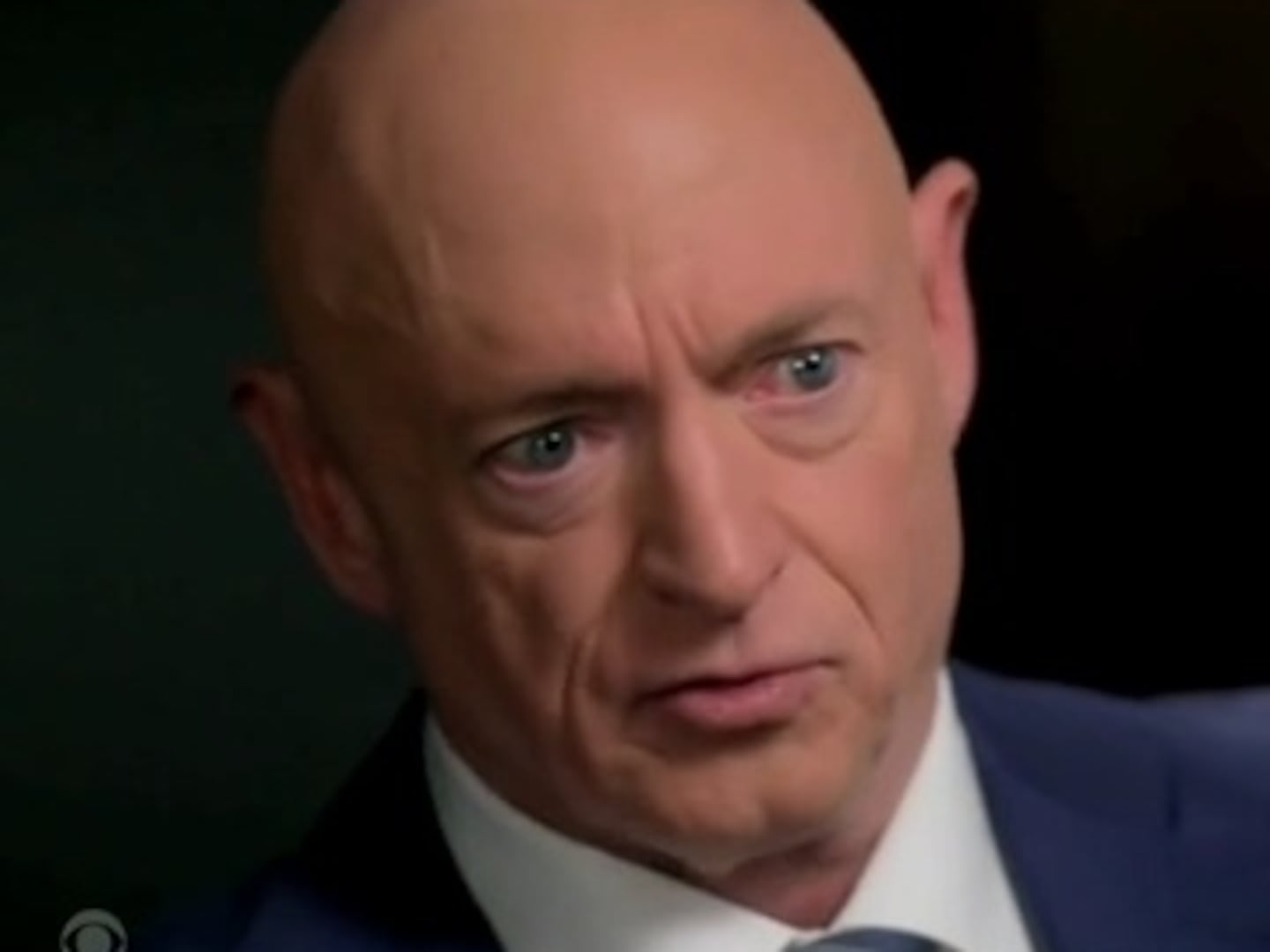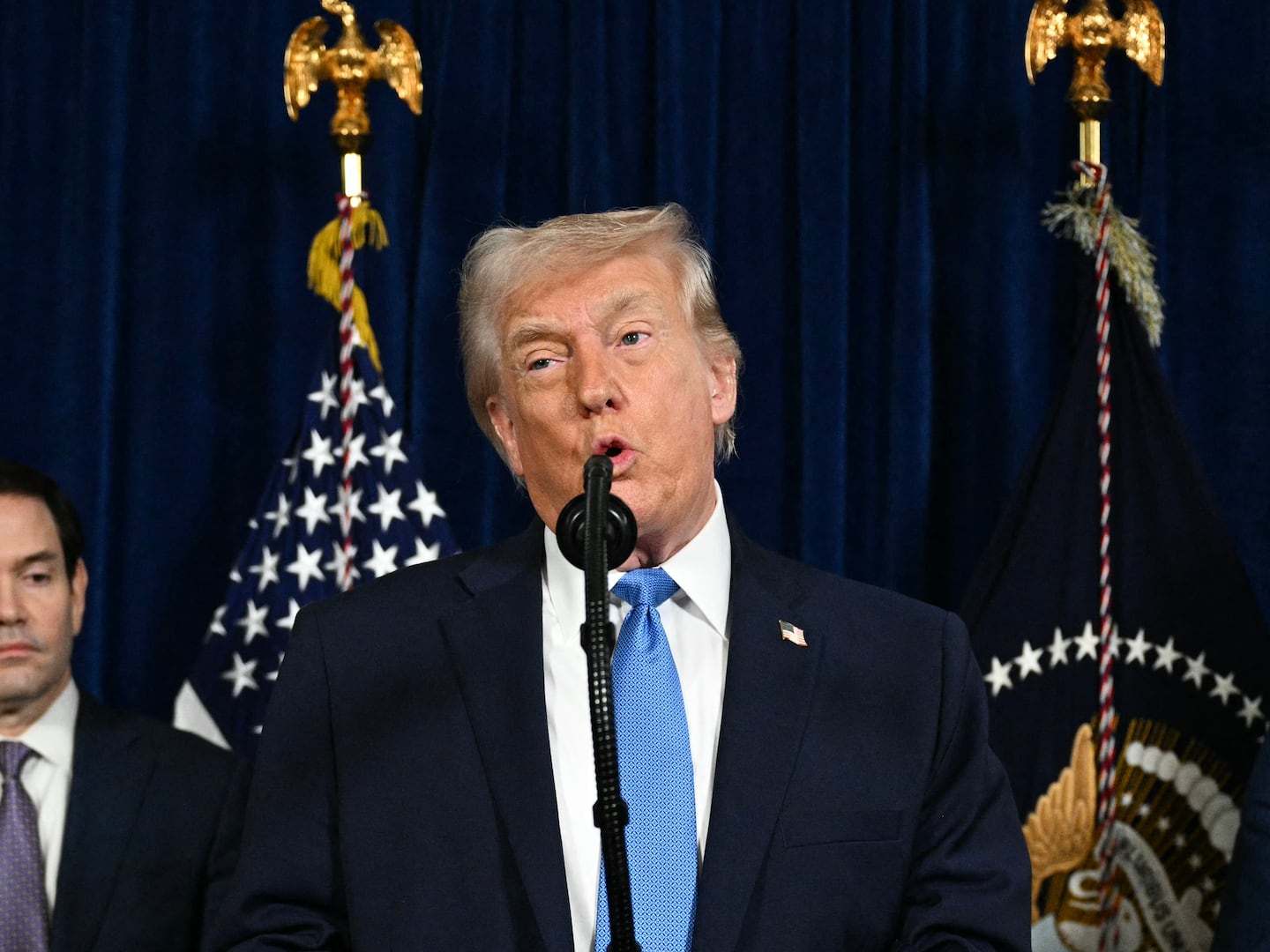Paul Manafort, the wheeling-dealing former Trump campaign chairman, was convicted Tuesday of eight fraud-related counts in a case stemming from special counsel Robert Mueller’s investigation of Russian meddling in the 2016 election.
After four days of deliberation, the jury could not reach a verdict on 10 other counts and the judge declared a mistrial on those, which would give prosecutors the option of retrying him on just those charges.
The jury found Manafort, 69, guilty of five counts of filing false income tax returns, two counts of bank fraud and one count of hiding a foreign bank account. The charges carry years in prison and could put him behind bars for the rest of his life.
Manafort's rep told reporters he plans to appeal. Later in the evening, President Trump said he feels “very badly for Paul Manafort” and described him as a “good man.”
The split verdict was a dramatic end to a two-week federal trial that featured testimony about a $15,000 ostrich-leather jacket and a turncoat witness being grilled on the stand about extramarital affairs.
It came as another Trump-related legal drama was unspooling in a New York courtroom: the guilty plea by Michael Cohen, the president's former attorney and fixer, who admitted he illegally arranged payoffs for women claiming they had affairs with the president, at Trump’s direction.
Manafort—who could face even more prison time thanks to a second trial in Washington, D.C.—wasn’t charged in connection with election interference. Instead he was charged with tax evasion, failure to report overseas bank accounts to the IRS, bank fraud, and conspiracy linked to his business dealings as a lobbyist.
The conviction, even though it wasn't complete, marks Mueller’s first trial-by-jury victory since he was appointed to oversee the Russia probe and possible collusion by the Trump campaign last year. He’s also secured guilty pleas from six other people, including former Manafort business partner and campaign aide Rick Gates.
Gates was the prosecution’s star witness, but he brought credibility issues to the stand, admitting he embezzled hundreds of thousands of dollars from his former boss Manafort and lied to the FBI.
Gates, who worked for Manafort’s consulting business and was indicted with him, testified that his ex-boss had directed him to forge fake loan agreements, loan forgiveness documents, and profit and loss statements in a bid to underreport income to the IRS and inflate his income to banks while applying for loans.
Defense attorneys emphasized that there were no “smoking gun” emails or other documents and questioned whether the jury should believe the word of an admitted thief and liar.
“After all the lies you’ve told and fraud you’ve committed, you expect this jury to believe you?” Manafort lawyer Kevin Downing pressed Gates during cross-examination, going on to question him about a decade-old transcontinental affair.
In exchange for his cooperation, Gates can expect leniency on similar tax, bank fraud, and conspiracy charges.
The story sketched out by the prosecution during the trial depicted Manafort hiding millions in income while his firm was raking in big bucks doing election messaging and policy consulting work for pro-Russian Ukrainian oligarchs between 2010 through 2014. As prosecutors described it for the jury, Manafort pivoted to bank fraud—raising money through fraudulent loans—when a revolution in Ukraine ousted his wealthy clients from power and wiped out his income.
In boom years of the early 2010s, Manafort used money hidden in Cypriot bank accounts behind 31 shell companies to finance a life of luxury: millions of dollars in landscape and construction services, seven-figure bills for audiovisual equipment, along with luxury cars, high-priced suits, and that much-mocked ostrich jacket.
Prosecutors said he used international wire transfers from the offshore accounts to pay the bills while failing to report the income and accounts to the IRS.
By 2015, Manafort had no clients and the business registered negative net income. When his accountants informed him that he would face a stiff tax bill that year, Manafort instructed Gates to reclassify income on his business books as a loan to cut roughly $400,000 from what he would owe, prosecutors said.
Even as Manafort was negotiating with the Trump administration for an unpaid job, prosecutors said, he was venturing into bank fraud. In an attempt to raise cash, he lied to Citizens Bank, the Banc of California, and Federal Savings bank about his personal income, rental income on one of his properties, and outstanding mortgages while applying for loans.
His crimes were enabled by two bank officials and an accountant who testified under immunity deals with the Special Counsel’s office.
Dennis Raico and James Brennan of the Federal Savings Bank in Chicago told the court that bank CEO Steve Calk rammed through $16 million in loan applications from Manafort—who was then serving as the Trump campaign’s convention manager before taking over as chairman—despite red flags about his creditworthiness. The loans were approved as Manafort and Calk discussed potential cabinet jobs for Calk in a future Trump administration, according to trial testimony.
Cindy Laporta, Manafort’s former accountant, also took the stand and testified that she knew Manafort’s loan agreement and loan forgiveness documents were forged and backdated but didn’t object for fear of harming her career.
Altogether, the charges of which Manafort was convicted carry a maximum sentence of 300 years, but it’s unlikely he will get anywhere near that much time. Judge T.S. Ellis III has publicly chafed at lengthy mandatory minimums and excessive sentences in federal cases.
Manafort faces another trial in federal court in Washington next month on charges that he failed to register as a foreign agent while allegedly lobbying on behalf of the government of the ousted pro-Russian Ukrainian President Viktor Yanukovych.
That case has roped in two other high-profile Washington lobbyists, former Rep. Vin Weber of Mercury Public Affairs and Tony Podesta of the Podesta Group. Both allegedly carried out lobbying work for Manafort’s Ukrainian clients.
In the Washington case, Konstantin Kilimnik, a Russian-Ukrainian oligarch who paid Manafort for some of his political consulting work, was charged in a superseding indictment but is abroad and will not stand trial at the same time.
Gates’ cooperation, meanwhile, may continue beyond the cases involving Manafort’s business.
During Gates’ testimony last week, the government last week moved to seal the transcript of a lengthy sidebar with Ellis and the defense team on the grounds that it could “reveal substantive evidence pertaining to an ongoing investigation”—a hint that Gates may be providing other evidence relating Mueller’s inquiry into Russian election interference.
President Trump, landing in West Virginia for a rally Tuesday evening, called Manafort “a good man. He was with Ronald Reagan. He was with a lot of people over the years and I feel very sad about that. It doesn’t involve me but I still feel, you know, it’s a very sad thing that happened. This has nothing to do with Russian collusion. This started with Russian collusion. This has absolutely nothing to do. This is a witch hunt and it’s a disgrace.”
He went on in that vein before walking away, without answering reporters’ shouted questions about his longtime lawyer and fixer Michael Cohen pleading guilty, also on Tuesday, to eight counts of bank fraud, tax fraud and campaign finance law violations made "in coordination and at the direction of a candidate for federal office.”


